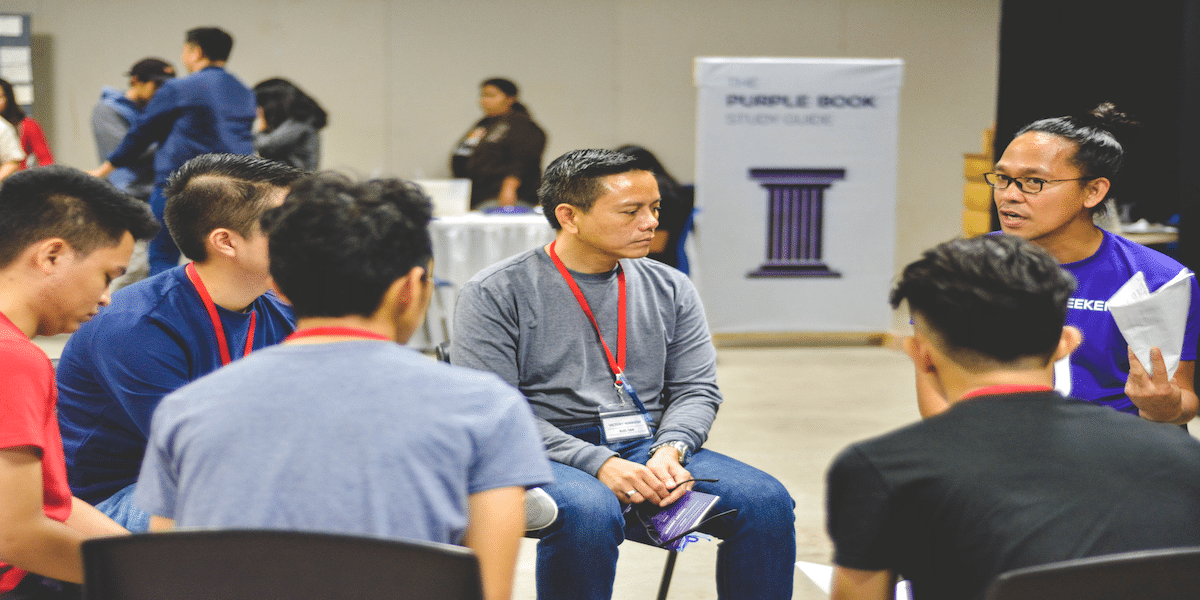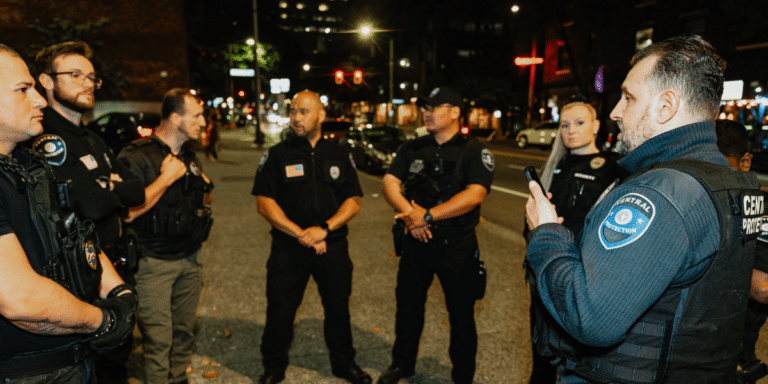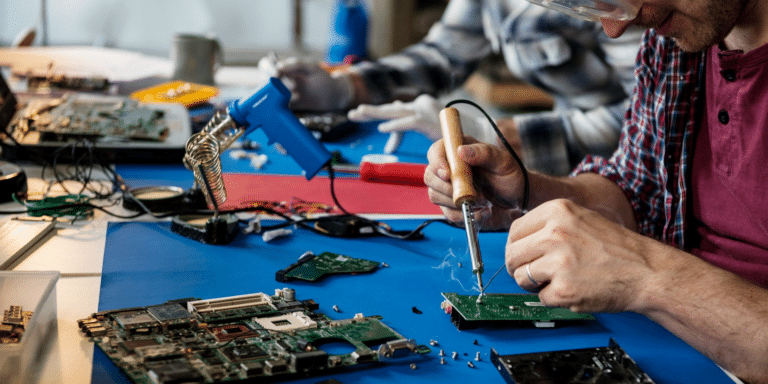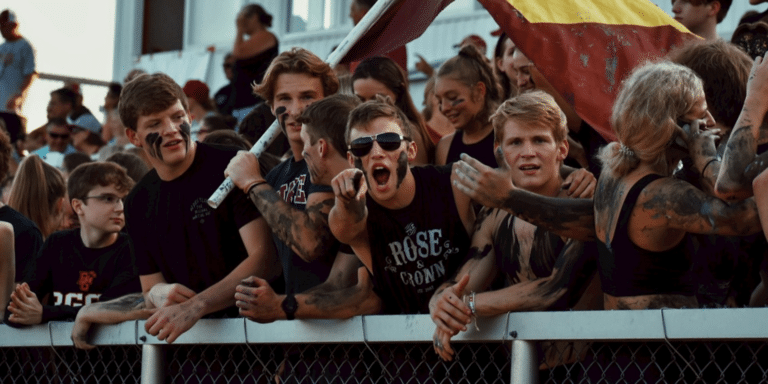The evolving paradigm of education underscores the potency of classroom discussion and collaborative learning, which burgeons far beyond mere knowledge transmission. It focuses on developing critical thinking, interpersonal skills, and social awareness among students. This article unravels the essence of classroom discussion and collaborative learning in nurturing holistic educational development.
In the world of educational leadership, Justin Blasko emerges as a beacon of light guiding toward educational equity and community engagement. With a repertoire that boasts over ten years as an elementary school principal and 12 consequential years as a central office leader, Justin intricately weaves his proficiency in curriculum design, HR management, and data-driven decision-making to drive substantial positive changes in education.
His career, punctuated with positions such as Superintendent, Assistant Superintendent, and HR Executive Director, showcases his unwavering commitment to ensuring equitable outcomes for students. A proud holder of an education doctorate (EdD) from Seattle Pacific University, Justin blends analytical prowess with a genuine compassion for community, aligning educational practices with the intricate needs of both students and educators.
Defining Classroom Discussion and Collaborative Learning
– Classroom Discussion: A pedagogical approach where teachers and students engage in an interactive dialogue, sharing and debating ideas, thoughts, and knowledge in an inclusive environment.
– Collaborative Learning: An instructional strategy wherein students work together in small groups, with each individual contributing towards a common goal, cultivating an environment of shared knowledge and skills development.
Underpinning Theories
The theory of Constructivism, propounded by Piaget and Vygotsky, provides a solid foundation for understanding collaborative learning and classroom discussions. It emphasizes that learning is an active, constructive process where learners construct new ideas or concepts based on their current/past knowledge, social interactions, and experiences. Both strategies underscore the importance of social interaction and cooperative engagement in the learning process.
“Classroom discussion and collaborative learning are not mere pedagogical strategies but a symphony of voices, thoughts, and collective efforts that drive deeper learning,” says Justin Blasko. “Under the umbrella of Constructivist theories, we navigate through an educational journey where each student does not merely absorb but actively constructs knowledge through dynamic social interactions and cooperative endeavors. Through shared ideas and collective problem-solving, students metamorphose from passive recipients to active participants in the fascinating journey of knowledge acquisition and creation.”
The Impetus of Classroom Discussions
– Cognitive Development: Engaging in discussions helps enhance cognitive abilities as students analyze, evaluate, and synthesize information collectively.
– Social Skills: They foster interpersonal skills, active listening, empathy, and respect for diverse opinions.
– Knowledge Retention: The dialogue and debate format facilitates better retention and comprehension of knowledge.
Collaborative Learning: A Conduit for Collective Intelligence
– Problem-solving Skills: Students tackle challenges together, each contributing unique solutions, thus honing their problem-solving capabilities.
– Peer Learning: The rich, diverse intellectual resource pool enables students to learn from each other.
– Social Cohesion: Working towards a common objective nurtures a sense of belongingness, teamwork, and social skills among students.
Integration of Technology
The infusion of technology into classroom discussions and collaborative learning has expanded horizons and provided new avenues for interaction and cooperation. Platforms like Google Classroom, Zoom, and Microsoft Teams facilitate online discussions, group projects, and peer-to-peer learning, thereby breaking geographical barriers and promoting global learning collaborations.
“Technology acts as a bridge, connecting minds and ideas across classrooms, cities, and continents,” says Blasko. “[These technologies] enable our students and educators to dive into a global reservoir of knowledge, where discussions and collaborations are not confined to four walls but extend beyond, fostering a rich, interconnected learning environment that is truly worldwide.”
Challenges and Solutions
Despite the profound benefits, several challenges loom over the effective implementation of these strategies:
– Participation Inequality: Ensuring equal participation among students can be daunting. Inclusive practices and structured discussion formats can mitigate this.
– Assessment Difficulties: Evaluating individual contributions in group work remains intricate. Employing peer assessment and reflective journals may provide insights into individual engagements.
– Managing Conflicts: Differences in opinions might lead to conflicts. Cultivating a respectful environment and imparting conflict-resolution skills are pivotal.
Expressivist Pedagogies: Orchestrating Personal Voices in Knowledge Creation
Diving into the realm of expressivist pedagogies offers a refreshing perspective on how personal experiences and intrinsic beliefs form a mosaic in the knowledge creation process. Expressivist teaching approaches valorize students’ unique voices, advocating that knowledge is discovered and constructed through individual experiences and introspection. By encouraging students to delve into their own beliefs, experiences, and emotional responses, expressivist pedagogies foster a deeper, intrinsic connection with learning material.
When integrated with classroom discussions and collaborative learning, expressivist approaches can manifest a vibrant learning ecosystem where each student’s voice, imbued with their unique experiences, contributes to a rich, multifaceted tableau of collective knowledge. This amalgamation of personal narratives and collective learning strategies leads to an enriched educational experience, where students are not passive recipients but active contributors in the process of knowledge construction.
Expressivism intertwined with collaborative learning thus empowers learners to weave their individual threads into the broader tapestry of collective wisdom and shared understanding, propelling an enriched and deeply personal learning journey for each individual within the collective. This integration, therefore, does not merely facilitate knowledge transfer but also nurtures a knowledge creation environment, where every student is an active agent in the co-creation of understanding and wisdom.
“The integration of expressivist methodologies with collaborative learning transcends mere academic discourse, forging a potent and deeply connected learning community,” Justin says. “Here, every student isn’t just a learner but a valuable contributor, intertwining their narratives into the rich, collective tapestry of shared wisdom and understanding.”
Future Directions
– Cultivating Digital Literacy: As technology becomes intrinsic to collaborative learning, equipping students and educators with digital literacy is paramount.
– Global Collaborations: Encouraging international collaborative projects will expose students to global perspectives and diverse cultures.
– Curriculum Development: Intertwining curricula with structured collaborative and discussion-oriented activities will augment holistic learning experiences.
Classroom discussion and collaborative learning stand as monumental pillars in the architecture of comprehensive educational development. They sculpt students not merely as repositories of knowledge but as beings capacitated with critical thinking, problem-solving skills, and social awareness. Nurturing these strategies, while maneuvering through the challenges, will carve pathways for an enlightened, cooperative, and empathetic future generation.
About Justin Blasko
With ten years of experience as an elementary school principal and 12 years as a central office leader, Justin Blasko is an equity-focused educational leader. His commitment to promoting equitable outcomes for students is evident as Superintendent, Assistant Superintendent, and HR Executive Director. Justin’s expertise in curriculum design, HR management, and data-driven decision-making leads to improved learning outcomes and equity in education.








